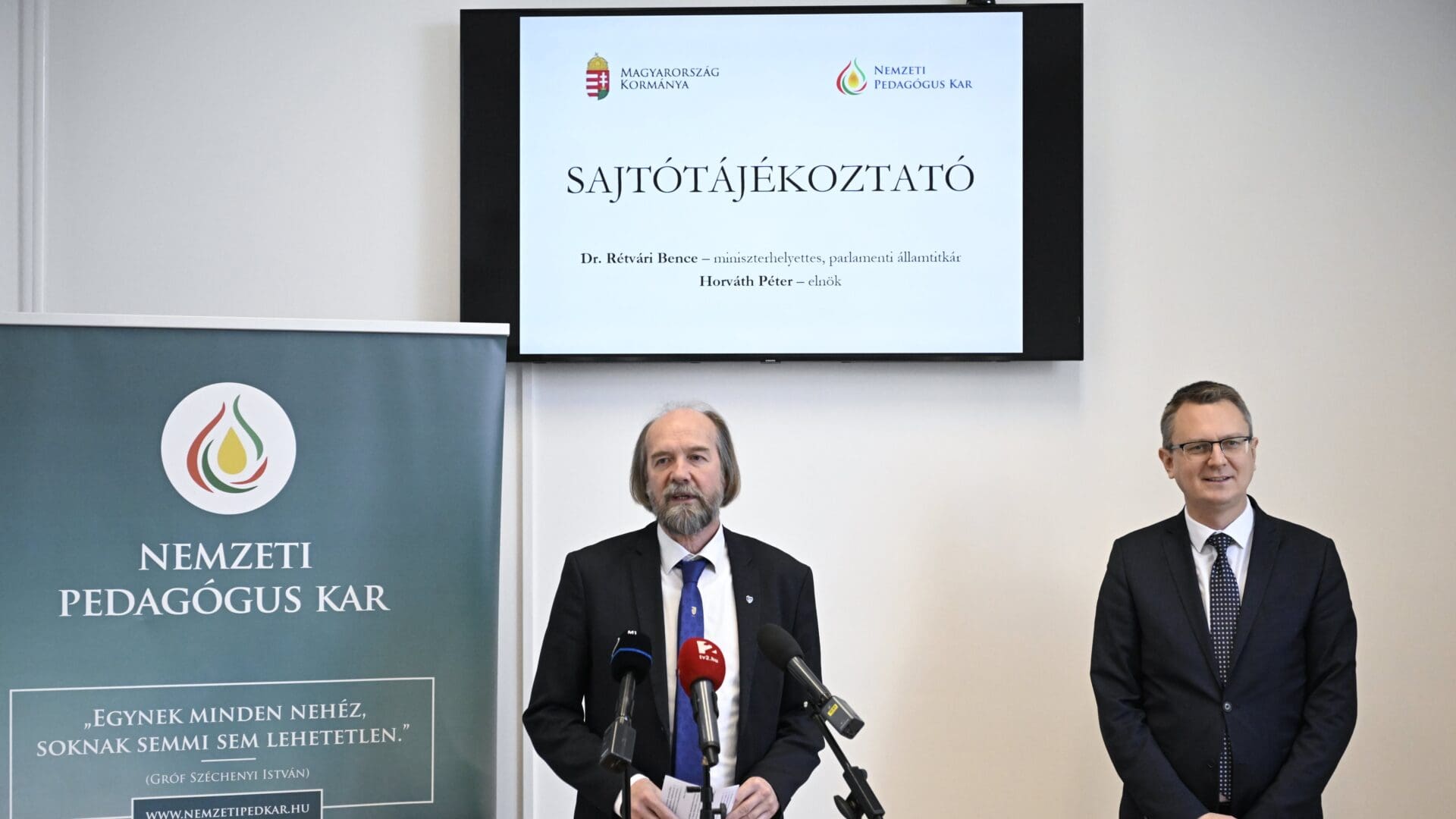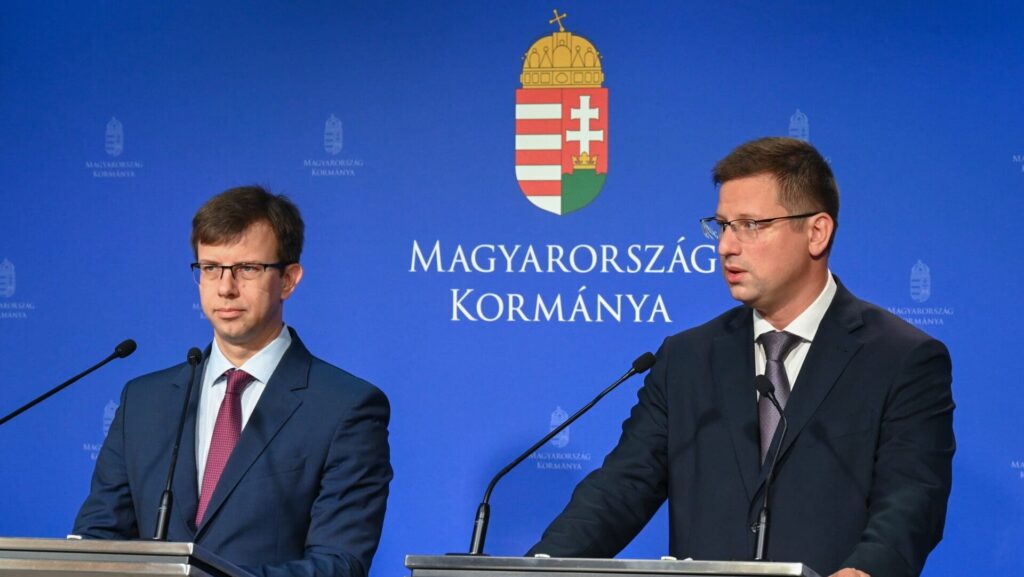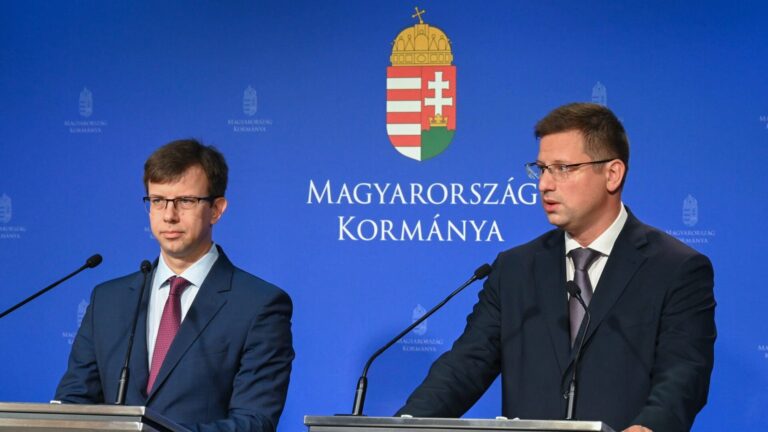In a significant move, the government of Hungary has announced the largest-ever salary increase for educators, spanning from 2022 to 2025, with a commitment to a minimum of 93.5 per cent growth in wages. The announcement was made by Bence Rétvári, the State Secretary of the Ministry of Interior, during a press briefing in Budapest on Monday, 22 January.
The new salary structure, set to be implemented by early February, brings substantial raises across various educator categories. Starting from February, the minimum gross salary for entry-level teachers will be HUF 528,000, reaching HUF 630,000 for master educators. More than 140,000 teachers will be positively affected by this decision.
Rétvári highlighted the government’s dedication to sustaining this momentum, aiming to align educator salaries with the average graduate salary until 2030. Should the average graduate salaries experience a more substantial increase in the coming years, educators’ salaries may see even greater increments. The State Secretary underscored the importance of this raise, not only financially but also morally,
emphasizing the government’s commitment to appreciating the valuable work of teachers, instructors, and other educators.
Rétvári expressed disappointment with certain unions, labelling them as hindrances rather than supporters in the process of salary increase. By contrast, he specifically mentioned the National Teachers’ Chamber as a reliable partner that actively contributed to realizing the salary hike.
The President of the National Teachers’ Chamber, Péter Horváth, joined the briefing, emphasizing that the salary increase will be noticeable at all levels of the teaching career. Horváth commended the government’s decision to link educator salaries to the average graduate salary rather than the minimum wage, marking a significant shift in prestige for the teaching profession. Additionally, Horváth highlighted that this salary raise is the beginning of a more extended process, set to continue until 2025, with a five-year guarantee from the state to maintain competitive positions for educator salaries.
Both Rétvári and Horváth anticipate positive outcomes from the salary increase, including heightened interest in the teaching profession,
the retention of top-tier educators, and the successful return of those who previously left the profession.
They believe that sustained appreciation for teachers will lead to more applications and job retention.
Hungary’s commitment to significantly enhancing educator salaries not only acknowledges the invaluable contribution of educators but also aims to bolster the quality of education by attracting and retaining top talent in the teaching profession. The decision comes as part of Hungary’s broader efforts to navigate pandemic challenges and foster a robust recovery in the education sector.
Related articles:
Sources: Hungarian Conservative/MTI








